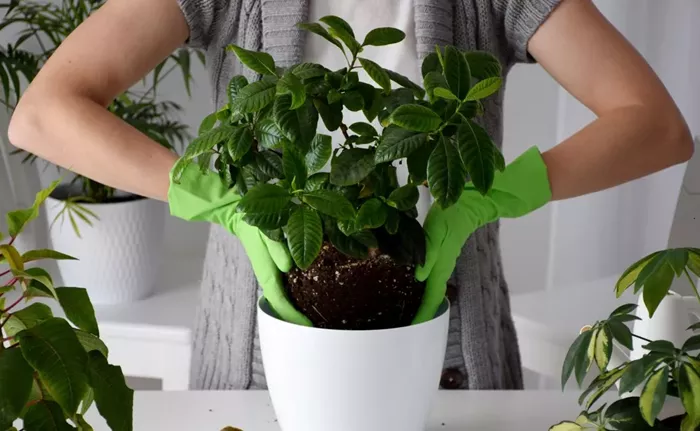Scientists Advocate for Plant Vaccinations to Combat Climate Change and Enhance Food Quality.
In a recent article published in Frontiers in Science, researchers proposed that vaccinations for plants could significantly aid the agriculture industry in addressing climate change challenges while also providing healthier food options.
The study highlights the concept of induced resistance, a method of activating a plant’s immune system. This process equips plants to better combat pests and diseases in the future. Additionally, some plants can pass their enhanced defense mechanisms to their offspring.
Lead author Prof. Brigitte Mauch-Mani from the University of Neuchatel in Switzerland emphasized that although induced resistance has been a topic of study for many years, its application in crop protection has gained traction only recently.
Prof. Mauch-Mani stated, “We advocate for a holistic approach to crop protection that integrates various strategies to create customized solutions. Induced resistance is central to this integrated approach.”
While pesticides have facilitated large-scale farming, they also pose risks to human health and wildlife. Moreover, pests are quickly adapting to these chemicals, according to the researchers. They believe that induced resistance can help plants tackle challenges posed by climate change and, in some instances, lead to healthier food production.
A well-known technique in induced resistance is defense priming, where a plant is subjected to minor stress. This exposure allows the plant to develop relevant defense mechanisms that can be passed on to the next generation. The researchers noted that some compounds produced during induced resistance are associated with health benefits and improved nutritional quality, which could result in healthier food for consumers.
The team pointed out that induced resistance is a quicker adaptation method compared to traditional breeding techniques, making it a promising option in the face of climate change.
However, Prof. Mauch-Mani cautioned, “The safe and effective use of induced resistance is not as simple as introducing a single gene or applying one pesticide. It requires a detailed evaluation of growth conditions, crop germplasm, and farming practices to fully leverage the diverse benefits of induced resistance.”
Furthermore, the researchers acknowledged that while induced resistance can enhance plant resilience, it does not guarantee complete protection. It should be combined with other agricultural strategies and carefully adjusted to prevent exposing plants to different threats.
The team is calling for urgent research to further explore the potential of induced resistance in crop protection.
Related topics:
- Mayesh Floral Wholesaler to Give Away Thousands of Flowers on October 16
- Southern California School Grows ‘Moon Tree’ from Seeds Sent to Space
- Amarillo Nursery Offers Tips for Safeguarding Plants Before Cold Weather


